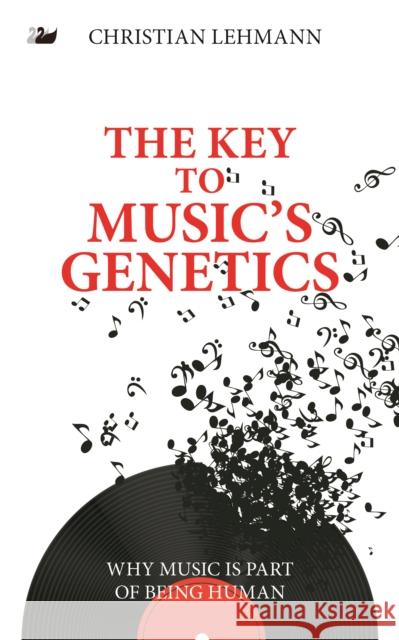The Key to Music's Genetics: Why Music Is Part of Being Human » książka
The Key to Music's Genetics: Why Music Is Part of Being Human
ISBN-13: 9781783080281 / Angielski / Twarda / 2014 / 174 str.
Christian Lehmann brings his experience as a musicologist, singer and academic to this fascinating journey through the origins of music and its role in human development, culture and society. The opening section examines the first stirrings of music in animals, birds and fish before moving on to humans in prehistoric times, and how musical sounds are an integral part of family bonding and social gatherings. The second section follows the evolution of musical culture from ancient Greece and the educational theories of Pythagoras and Plato, as well as first great musical landmark in 1000 AD, when Guido di Arezzo devised the stave and music could now be written down instead of just being passed on verbally. The author examines the relationship between 'art' and folk music, and goes on to explore the flowering of secular music, the development of conservatoires and the democratisation of music with the rise of the middle classes and salon music. In 1877 came the second great landmark: Edison's invention of the phonograph. Now for the first time music could be repeated and preserved, listened to anywhere, alone or in company. The third section provides a critique of the decline of singing in our society and explores how we have become a race of listeners rather than music-makers. It considers our personal reactions to music - emotional, intellectual, subconscious and therapeutic - and the effects of the present-day ubiquitous 'muzak', which has made music a part of everyday life and has made it independent not just of the performer but of the listener as well. Few books on music are as rewarding as this one. Technical terms are clearly described in a way that appeals to both the musically well-informed and the musically inexperienced. Well-chosen examples and amusing asides help to make this a highly informative and extremely readable book - a must for anyone interested in the development of music and how integral it is to the human condition.











